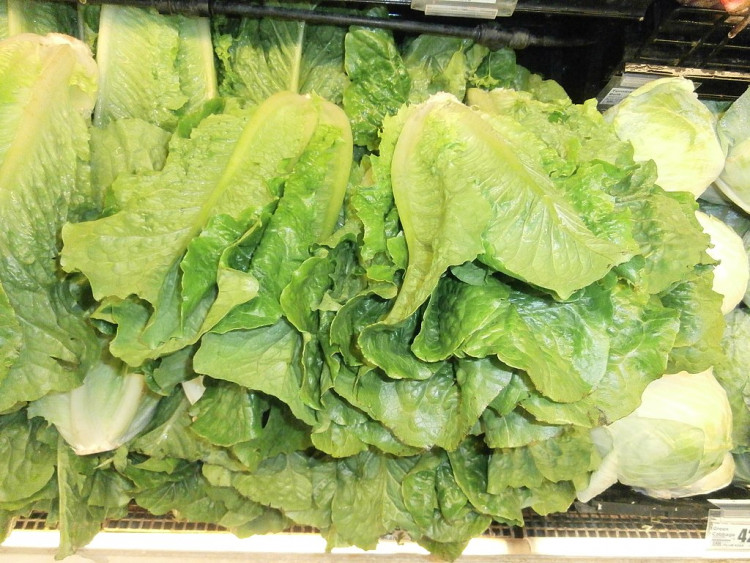The US food safety investigators found out that romaine lettuce harvested in California might be the source of recent E. coli outbreak in North America. Because of this, Hong Kong suspended the sale and import of the vegetable coming from the state to avoid possible outbreak and infection.
Hong Kong's Center for Food Safety released a statement on Tuesday, saying the sale and import of romaine lettuce - also known as cos lettuce - in California "have been suspended with immediate effect." According to the South China Morning Post, the center urged the trade to stop selling and importing the vegetable produced in the state as soon as possible and encouraged public not to consume romaine lettuce coming from California or unknown sources.
The latest information provided by the U.S. Food and Drug Administration (FDA) revealed that the E. coli outbreaks were likely linked to romaine lettuce harvested in California. The center decided to immediately suspend the sale and import of the vegetable in Hong Kong coming from the area concerned. The FDA did not disclose the name of the specific grower or distributor due to insufficient information.
A spokesperson of the center also said they had been closely monitoring the US romaine lettuce incident, and they have held all romaine lettuce from the US, as well as from Canada for testing at the import level. The E. coli outbreak in North America has been linked to romaine lettuce over the past months, wherein 43 cases were reported in 12 states across the country, and another 22 cases in Canada.
The food safety center in Hong Kong warned the public last week to avoid consuming and buying romaine lettuce coming from the US and Canada. The vegetable coming from these countries have been tested since then, and it will only be released to the market when it obtained the satisfactory test results.
E. coli (Escherichia coli) is a bacterium that is usually found in the gut of warm-blooded animals, as well as humans. The majority of the strains of E. coli are considered harmless, but some stains produce powerful toxins causing severe food-borne disease.
People can also contract E. coli - which may cause gastrointestinal disease - when they consume contaminated foods or water, and undercooked meat. Some of the possible symptoms of E. coli infection include abdominal cramping, severe watery diarrhea that may change to bloody stools, loss of appetite, nausea, vomiting, fatigue, and fever. The Hong Kong Department of Health noted that E. coli could not survive high temperatures, and usually killed by thorough cooking.






